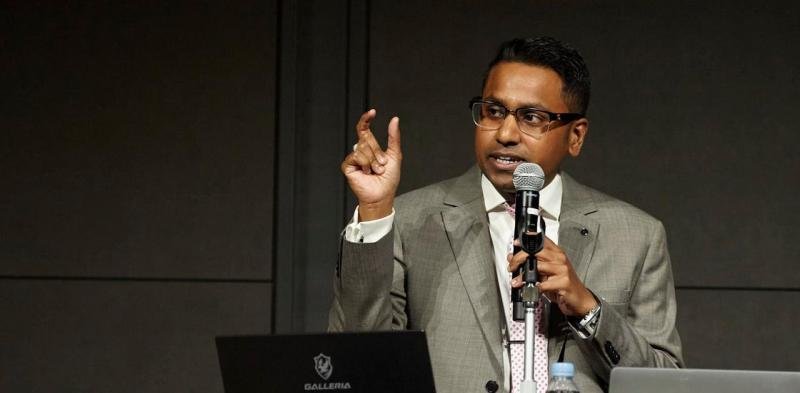Web scraping revolutionises research for academics and non-profits
Oxylabs, a leading web intelligence platform, has launched "Project 4β," a pro bono initiative demonstrating the transformative power of web scraping technology in advancing research and non-profit efforts.
The initiative provides crucial support to various academic and non-profit organisations, enabling them to collect and analyse data efficiently.
Nadezhda Barodzich, CEO at #SRNT Project, shared the impact of this technology on their operations:
"Collecting information manually about hundreds of organisations was a very long and complicated process, especially considering that we are a small non-profit project and don't have enough people and resources.
“Having access to advanced web scraping solutions pro-bono have revolutionised our data collection process, helping us efficiently compile and maintain a vast database of NGOs we didn't know about before. Now we decompile the data, disassemble the database, and plan to make it available to anyone and everyone who is looking for help, even in the most unusual situation."
In the academic sector, web scraping has become an essential tool for researchers. Carson Phillips, a Doctoral Candidate at Kellogg School of Management at Northwestern University, uses web scraping to study the societal impacts of technological developments.
His research relies on publicly available online information to document changes across various social contexts. Phillips explained:
“Our ability to conduct meaningful research on the effects of technology would be significantly limited without web scraping technologies. Many companies design their websites and online platforms in ways that complicate and in some cases outright prevent the collection of publicly available information.
Only with having free access to third-party web data collection tools and expertise, I have been able to overcome some of these challenges and conduct research at scale."
Web scraping allows Phillips to identify key differences in search result quality based on geographic location, shedding light on how real-world inequalities are mirrored in the digital realm. This data is crucial for understanding the broader impacts of digital technologies on marginalised communities.
Linh Vi, a lecturer in Economics at Aston University, also leverages web scraping to gather data for various economic analyses, such as studying online job vacancies, price-setting, house prices, and online donations.
One significant finding from her research was the identification of gender and physical appearance biases in emerging countries. These insights have important policy implications for addressing labour market biases.
She faces challenges like CAPTCHAs, blocked IPs, and dynamic web designs. Vi stated:
“Without web scraping technology our ability to conduct research would be significantly hindered. We would have to resort to manual data collection or surveys, which are time-consuming and less efficient. These methods would not be as effective as web scraping in terms of scale, speed, and timeliness."













